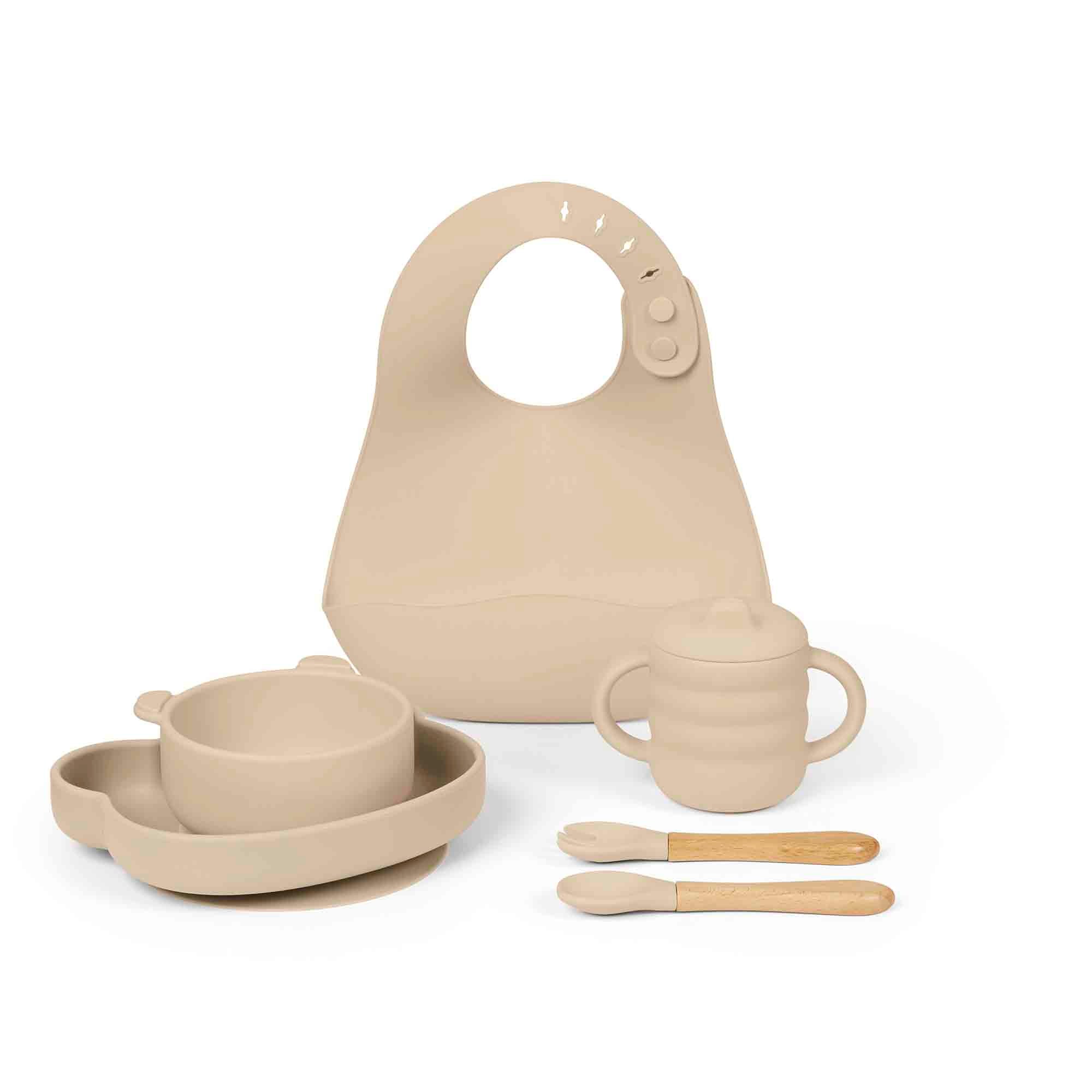Tips for Mental Wellness in Pregnancy and Postpartum
by Sophie Bishop, Medical & Health Writer

If you find yourself feeling lower than usual during pregnancy, you’re not alone.
Emotional changes are common and can even continue after giving birth, leading to postpartum anxiety, and mood swings - with 8 out of 10 women experiencing 'baby blues'. But what can you do to maintain mental health during pregnancy?
Whether you’re looking ahead in your first trimester or are navigating life with a newborn, here’s what you need to know.
Prepare Yourself for Physical Changes
When having a baby, your body is going to experience a whole lot of changes. Whilst this is completely normal, it can also contribute to low moods in the pregnancy and postpartum period.
Luckily, though, there’s plenty of readily available information out there to help you prepare. For example, 1 in 3 women have urinary incontinence in the first few months after giving birth. By simply knowing this, it’ll be far less worrying if it’s something you experience, and you can also prepare with the right postpartum underwear and pads.
By getting to grips with what might happen during your experience, you can reduce stress and anxiety, and learn some of the best tips and tricks to make the changes easier to manage and avoid feeling overwhelmed.
Stay Active
From stress to anxiety, exercise has long been used to combat mental health problems and boost wellbeing.
In fact, being active during pregnancy has several benefits including:
- Raising your self-esteem
- Helping you set goals or challenges and achieve them
- Causing chemical changes in your brain which can help to positively change your mood
Showing just how important it is that you stay active and moving.
Before and after giving birth, keep active with gentle exercise and kickstart the rush of endorphins around your body. It’s a good idea to speak to your doctor about what sports they’d advise you to do, but even getting out for a daily walk can help keep your mind clear and your head happy.
If you’re looking for a gentle way to stay on your feet, yoga is highly recommended for pregnant women in particular. It’s been shown to help relieve the symptoms of prenatal depression and aid mental well-being.
Just be sure to join pregnancy-friendly yoga classes that are gentle on the body to keep you and your baby safe.
Journal Your Feelings and Practice Gratitude
Whether you’re trying for a baby, currently pregnant, or postpartum, journaling is a fantastic wellbeing tool.
Writing down your feelings comes with a huge range of benefits, including:
- Helping you understand the causes of your emotions
- Spotting triggers for negative feelings
- De-cluttering your mind of overwhelming thoughts
- Prioritising fears and problems
- Providing an opportunity for positive self-talk
By journaling, you stay in touch with your inner thoughts and can better understand your state of mind, putting anxieties and stresses into perspective.
Your journaling can focus on the positives, too, with gratitude journaling helping you remember all the good things in your life and replacing a negative mindset with one that looks on the bright side.
If you don’t know how to get started, look for prompts or guided journals that will help you. A few ideas to dive into for pregnant and postpartum women include:
- What has been the happiest memory of pregnancy?
- What am I looking forward to letting go of when I become/now that I am a parent?
- What family traditions am I looking forward to continuing with my child?
- What change during pregnancy has been the most amazing to experience?

Use Positive Self-Talk
When you become conscious of your thoughts, you can begin to take control of them, switching your mindset and changing your outlook. This is where positive self-talk comes in.
Pregnancy comes with a lot of changes to your body, for example, and you might find your altered appearance gets you down. If this is the case, try to notice your thoughts when they come into your head and switch them for positive statements.
If you catch yourself looking at your stomach, rather than criticising the changes, embrace them with a statement like My body is strong, I am keeping my child safe, or This is the body that gave life to my baby.
Try starting your day by writing down a positive statement. Keep it in your pocket to look at when you’re feeling a little low or stressed, or stick your notes around the home for happy reminders throughout the day.
Take Prenatal Vitamins
It’s well known that you need more folic acid during pregnancy to help both you and your baby. But not many mums-to-be know just how important folate levels are to wellbeing, too.
Even when not pregnant, folic acid plays a crucial part in mental health. Antidepressants don’t work quite as well in people with a deficiency, either.
If you’re worried about pregnancy and mental health, you may be able to make the journey easier by upping your intake of folic acid.
You can do this with a prenatal vitamin as well as by eating foods high in folic acid, like broccoli, leafy greens, and chickpeas.

Prioritise Sleep
It’s no secret that pregnant women and new mums don’t always get the sleep they need! But it’s also true that a lack of rest makes it harder for you to control your emotions and can increase feelings of stress, with sleep deficiencies closely linked to mental illness.
When tackling low mood in pregnancy, it’s important to make sure you’re prioritising rest. Take a look at our helpful guide on what to expect in your third trimester for tips on improving sleep later on in your pregnancy.
For pregnant women, that can mean creating a sleep routine that you stick to. Plan a wind-down hour before bed when you turn off technology and focus on relaxing activities like reading or having a bath. Make your sleeping space comfortable, too, with a lavender pillow mist, pregnancy pillows, dim lighting, and comfy pyjamas.
For new parents, a sleep routine is harder to maintain when your baby isn’t settled. Some tips that can help you get the rest you need include:
- Sleeping when your baby does (including during the day)
- Taking turns feeding the baby if you have a partner and can bottle-feed
- Asking your support circle to step in when you need rest
- Getting enough exercise to improve your sleep
- Having a wind-down routine to improve your sleep
Don’t skip self-care when you have a new baby, either. Prioritise showers, time to read, and getting dressed in clean clothes you feel comfortable in to maintain your mental health during pregnancy.

Final Thoughts
Growing a baby and looking after a newborn are never going to be easy challenges, which is why pregnancy and mental health are so closely linked.
The last tip we wanted to leave you with is to simply be kind to yourself.
You’re going through a major life experience and that’s bound to leave you feeling less than 100% sometimes, so give yourself that space to feel your emotions and treat your mind with kindness. A little bit of love goes a long way.







